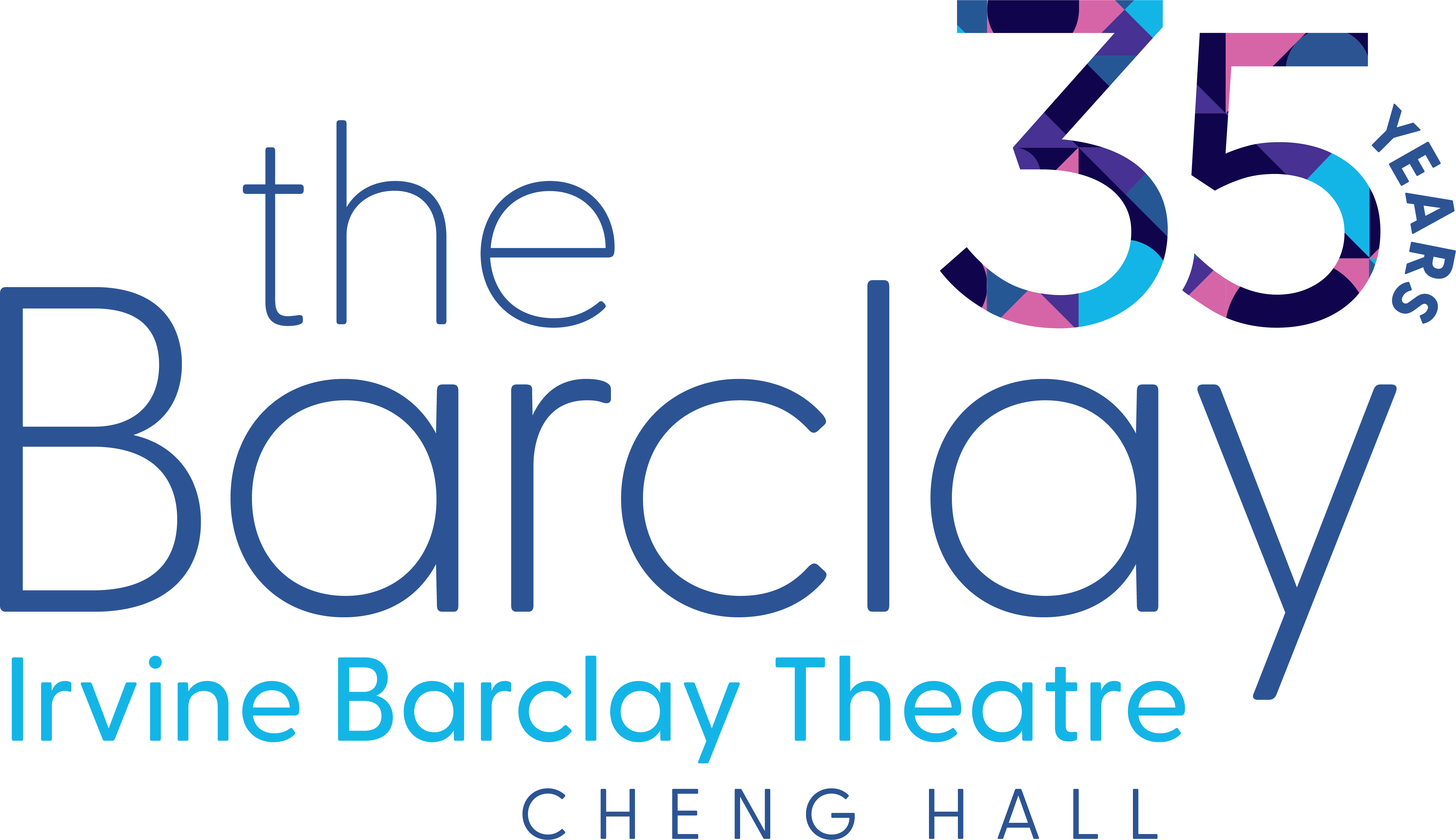LIMÓN DANCE COMPANY
“The company still carries that indescribable magic that brought it to the forefront of American modern dance so many years ago.”— Wendy Liberatore Daily Gazette
The Limón Dance Company, founded in 1946 by José Limón and Doris Humphrey, is a cornerstone of American modern dance and one of the world’s most acclaimed dance companies. Celebrated for its dramatic expression, technical mastery, and timeless artistry, the Company preserves Limón’s enduring legacy while embracing new works by contemporary choreographers.
The first modern dance group to tour internationally under the U.S. State Department and to perform at Lincoln Center, the Company has also performed twice at The White House. José Limón’s work, rooted in social awareness and universal themes, continues to inspire and shape the evolution of dance.
Program
Orfeo
Choreography: José Limón | Music: Ludwig van Beethoven, String Quartet Op. 95, #11
A poignant reimagining of Orpheus and Eurydice’s myth, Orfeo pairs Beethoven’s stirring quartet with Limón’s evocative choreography to explore timeless themes of love, loss, and hope, featuring gender-neutral casting for a modern retelling.
A Suite of A Choreographic Offering
Choreography: José Limón | Music: J.S. Bach, Musical Offering
Inspired by Bach’s intricate compositions, Limón’s A Choreographic Offering is a heartfelt tribute to mentor Doris Humphrey. This luminous work intertwines motifs from her dances, celebrating legacy and innovation in modern dance history.
Two Ecstatic Themes
Choreography: Doris Humphrey | Music: Tragoedie Fragment a-moll, Op. 7 No. 2 by Nikolai Karolovich Medtner; Maschere Che Passano for Piano by Gian Francesco Malipiero
A choreographic masterpiece by Doris Humphrey, Two Ecstatic Themes embodies the excellence of early modern dance, delving deep into the duality of human experience.
The Moor’s Pavane
Choreography: José Limón | Music: Henry Purcell (arranged by Simon Sadoff)
Limón’s The Moor’s Pavane distills Othello’s tragic tale into elegant Renaissance-inspired dances. Set to Purcell’s music, it explores themes of jealousy and betrayal, offering timeless commentary on human frailty and social injustice.




